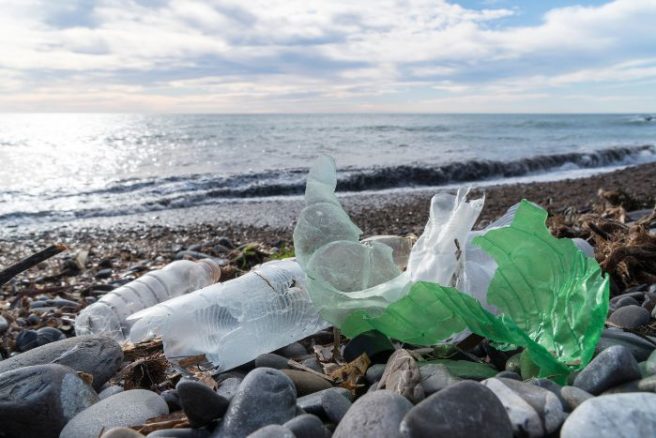
40% of Irish rivers, beaches and harbours ‘heavily littered’
A new survey has found that 40% of rivers, beaches and harbours in Ireland were littered or heavily littered.
The most common forms of litter were cigarette butts, sweet wrappers, plastic bottles and cans, according to Irish Business Against Litter (IBAL), who conducted the survey.
“We are a small island and often subject to wet and windy weather. When someone casually drops a plastic bottle or cigarette butt on the street, the likelihood of it being blown into a local river or swap into a drink to then enter the sea is very high,” IBAL spokesperson Conor Horgan said.
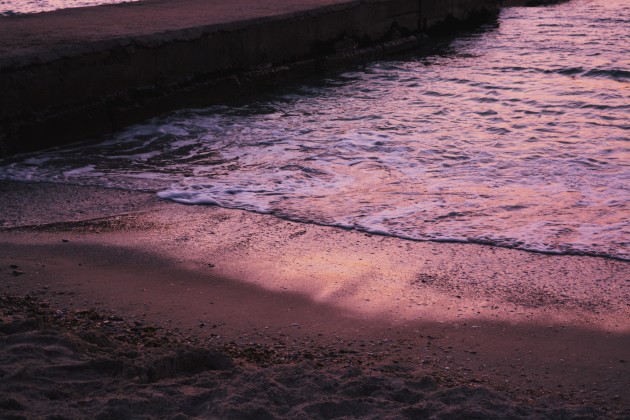
The marine environment is being permanently damaged by plastic pollution. IBAL wants local authorities to get help fight this unacceptable level of litter in Ireland. The Government need to put effort into preventing waste ending up in marine areas around the country.
The survey of coastal areas and inland waterways showed that four out of 50 beaches, harbours and rivers were found to be litter-free. This is a threat to Ireland’s reputation for scenic landscape.
If we don’t do anything, Ireland’s attractiveness will be no more. The permanent damage being caused to the marine environment in the form of plastic pollution is the most concerning.“This litter isn’t just unsightly, it is contributing to lasting, potentially irreparable damage to our planet. This is the new face of litter,”Horgan stated.
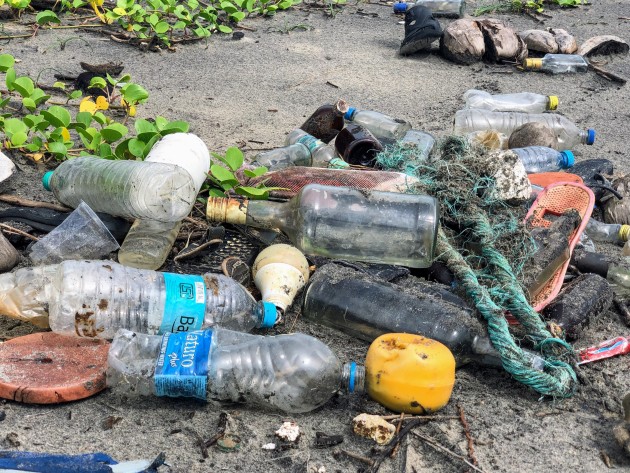
IBAL is now broadening its focus. It will be supported in its efforts by groups already on the ground monitoring and picking up waste, including Coastwatch Ireland, Clean Coasts, An Taisce and Tidy Towns groups, and also many committed groups and individuals who help clean their local beaches and waterways regularly.
The Irish Business Against Litter (IBAL) was set up in 1996 due to many companies believing that litter has a significant impact on our economic well-being. The main sources of our prosperity – tourism, Foreign Direct Investment and our food industries – all depend on an image of Ireland as a clean and green island.
They believe that it’s the Local Governments job to solve our litter problem through enforcement of litter laws and not public information campaigns.
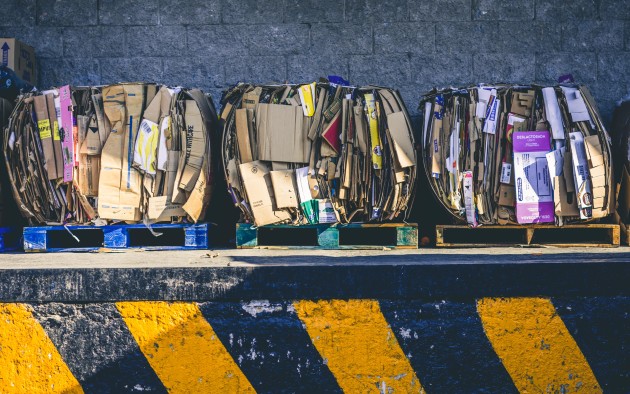
Litter is waste in the wrong place and is always caused by humans. It ruins the appearance of our country. Litter has many forms and many sources, from a sweet wrapper thrown on the street to a dumped bag of rubbish. Local Authorities spend millions every year cleaning the streets and trying to prevent people from dumping their waste illegally.
Litter such as broken bottles and cans left lying around public areas can easily result in an injury, while food litter can attract rats and flies, which spread disease. Litter can also be lethal to wildlife, litter can be mistaken for food by animals such as cows, sheep, horses and some marine animals.
Waste is an unwanted or unsalable substance or material. It’s considered to be at an unsustainably high level in Ireland, especially household and commercial waste.
Previously, Ireland sent almost all waste to landfill. But over the last decade, we have been recovering waste and partaking in recycling activities.
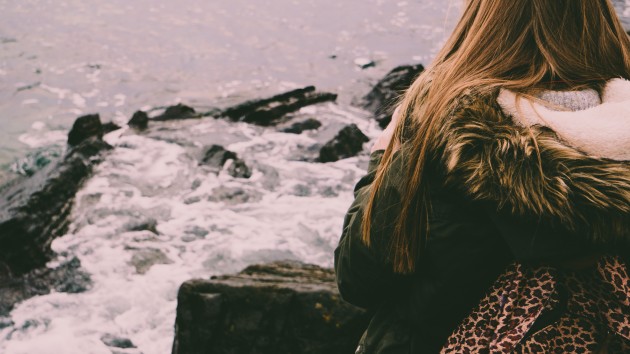
Reducing the amount of waste we produce by re-using, repairing, composting, recycling and preventing waste in the first place, we can help to protect our country and our planet for future generations.
Fines for littering:
Leaving or throwing litter in a public place is an offence that can be subject to an on-the-spot fine of €150 or a maximum fine of €3,000 if you are convicted of a litter offence in the District Court.
The Protection of the Environment Act 2003 introduced conviction on indictment and carries a maximum fine not exceeding €130,000 and a fine not exceeding €10,000 per day for continuing offences.
You can be issued with an on-the-spot fine by a litter warden appointed by your local authority or by a member of the Gardai. If you are convicted of a litter offence, you may also be required by the court to pay the local authority’s costs and expenses in investigating the offence and any costs incurred in bringing the prosecution.
The 2015 National Litter Pollution Monitoring System Report showed that cigarette litter and gum are the two most common causes of litter. The report showed that the top causes of litter are:
- Cigarette related litter (59.8%)
- Food related litter (gum) (12.4%)
- Packaging litter (11.95%)
- Sweet related litter (7.22%)
Everybody should take responsibility for their actions. The effects of litter and waste can be reduced if we work together, create solutions and awareness.
Reduce
- Ask yourself whether you really need the product before you buy it.
- Use a lunchbox instead of cling film/ tin foil. Use reusable drinks bottles and coffee cups.
- Use the double sided paper facility when using a printer.
- Buy products with less packaging and highlight the issue to suppliers.
Reuse
- Reuse old bottles, jars and containers for storage.
- Donate clothes, books, games and music instead of throwing them out
- Don’t use plastic bags when shopping, use reusable bags instead.
Recycle
- Know what you can/cannot recycle (waste collection companies may vary).
- Hazardous materials (such as batteries) should all be recycled.
- Aim to buy products that are recycled.
For information about litter policies in your area, or to apply for grant aid for an anti-litter awareness project, contact your local authority, contact your local authority.
To report illegal dumping, contact the local authority or call the 24-hour National Environmental Complaints Line on 1850 365 121.









